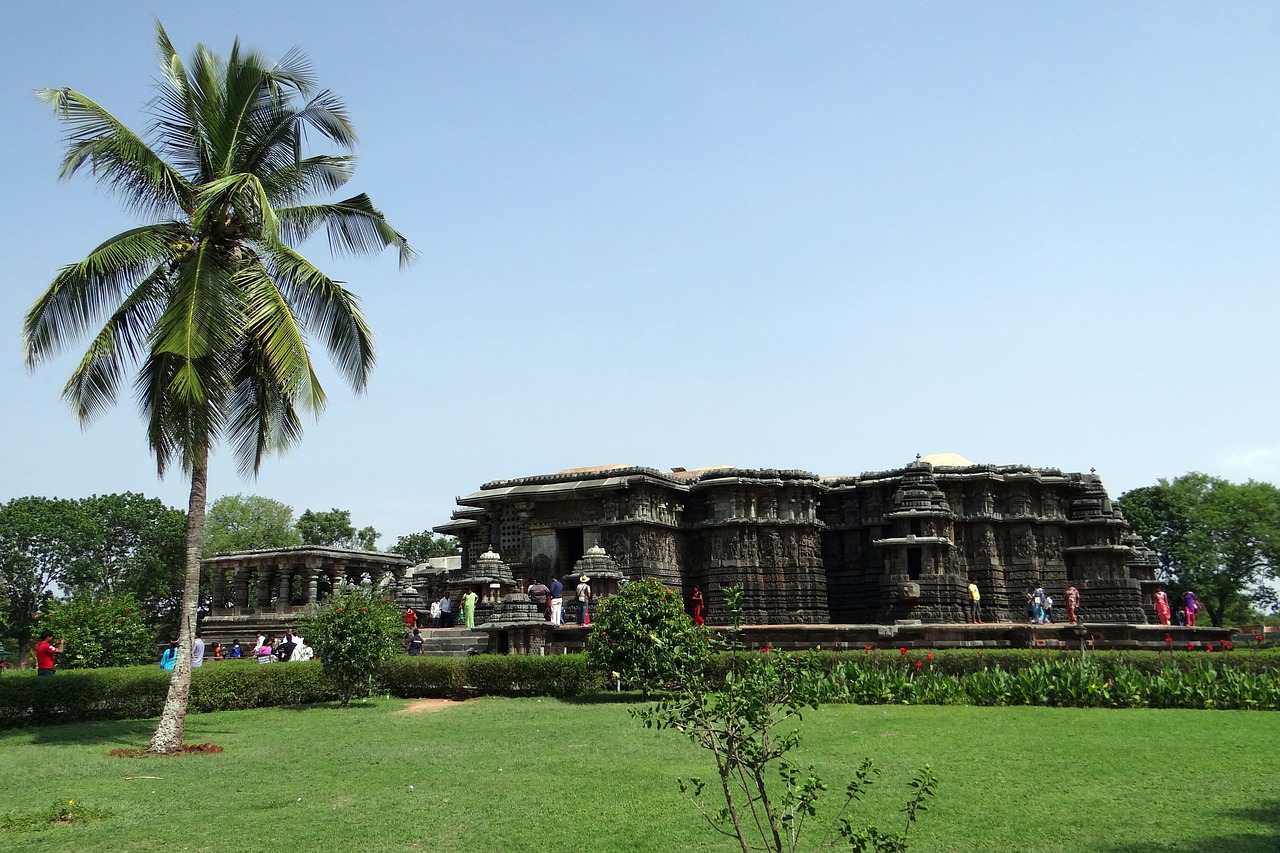Voter Behavior in Post-Conflict Societies: 11xplay, Laser 247.com, Skylivecasino login
11xplay, laser 247.com, Skylivecasino Login: Voter Behavior in Post-Conflict Societies
Living in a post-conflict society can be a challenging experience. The aftermath of violence and war can leave lasting scars on a nation, influencing various aspects of society, including politics. One crucial factor affected by conflict is voter behavior. How do individuals in post-conflict societies engage with the political process, and what factors influence their voting decisions? Let’s delve into this complex issue and explore the nuances of voter behavior in post-conflict societies.
The Impact of Conflict on Voter Behavior
Conflict can have a profound impact on voter behavior in post-conflict societies. Individuals who have experienced violence and instability may approach the political process with caution and skepticism. Trust in political institutions and leaders may be eroded, leading to low voter turnout and disengagement from the electoral process.
Additionally, the legacy of conflict can shape the political landscape in post-conflict societies. Divisions along ethnic, religious, or regional lines may persist, influencing how individuals align themselves politically. Identity politics can play a significant role in shaping voter behavior, with individuals voting based on ethnic or sectarian affiliations rather than policy platforms.
Rebuilding Trust in the Political System
Rebuilding trust in the political system is essential for fostering a healthy democracy in post-conflict societies. Transparent and inclusive governance, accountability mechanisms, and efforts to address past grievances can help restore confidence in political institutions. Civil society organizations and international partners can play a crucial role in promoting civic engagement and voter education.
Moreover, political parties and candidates must strive to represent the diverse interests of the population and demonstrate a commitment to inclusive and participatory governance. By addressing the root causes of conflict and promoting social cohesion, leaders can cultivate a more positive political environment that encourages greater participation in the electoral process.
Factors Influencing Voter Behavior
A variety of factors can influence voter behavior in post-conflict societies. Economic conditions, social inequalities, access to education, and media influence all play a role in shaping how individuals engage with the political process. Personal experiences of conflict, trauma, and displacement can also impact voting decisions.
Furthermore, the presence of external actors, such as international organizations, donors, and foreign governments, can influence voter behavior through funding, assistance, and election monitoring. The role of religion, traditional authorities, and local customs should also be considered when analyzing voter behavior in post-conflict societies.
FAQs
1. Q: Can voter education programs help improve voter behavior in post-conflict societies?
A: Yes, voter education programs can play a crucial role in promoting civic engagement and fostering a better understanding of the electoral process.
2. Q: How can political leaders address the challenges of identity politics in post-conflict societies?
A: By promoting inclusive governance, addressing past grievances, and emphasizing national unity over divisive identities, leaders can help mitigate the impact of identity politics on voter behavior.
3. Q: What role can the international community play in supporting democratic transitions in post-conflict societies?
A: The international community can provide technical assistance, financial support, and diplomatic leverage to help build democratic institutions, promote good governance, and facilitate peaceful political transitions.
In conclusion, voter behavior in post-conflict societies is a complex and multifaceted issue influenced by a variety of factors. By promoting inclusive governance, addressing past grievances, and fostering civic engagement, political leaders can help build a more resilient democracy that reflects the diverse voices and experiences of the population.







